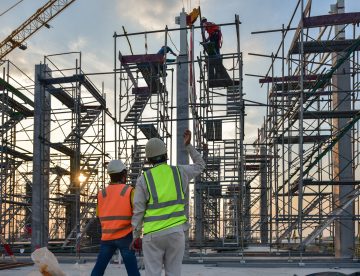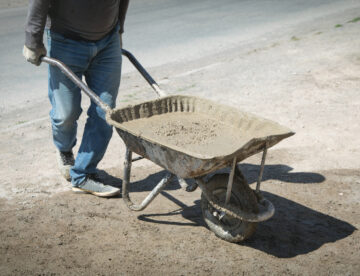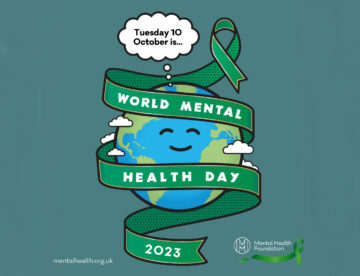
The John Lewis advert has hit the screens, supermarket shelves are starting to fill up with Christmas goodies and probably somewhere there’s a radio station already adding Mariah Carey into their playlist.
While the festive season brings joy to many, there is a darker side which sees some people falling into debt as they join in with the ‘spend, spend, spend’ ethos that will be pushed at us over weeks ahead. Businesses are not immune to this either and can, in fact, stumble into overspending habits at any time of the year. With this in mind, our blog this week focuses on some simple ideas for avoiding overspending.

When project deadlines are looming, allowing periods of overtime can be helpful in ensuring everything is completed on time. However, excessive reliance on overtime during any phase of construction can be a telltale sign that something might have gone wrong at the initial planning stage.
So, the question is ‘How can a construction business effectively reduce its reliance on overtime and ensure smoother, more efficient operations?’ Read this week’ blog to explore this subject in more detail.

According to the Health and Safety Executive (HSE), over 1.2 million working days are lost in the UK because of injuries caused during manual handling tasks in the construction industry.
Aside from the economic impact, such injuries can be painful and have long-term, serious consequences – particularly those involving back problems like slipped discs and repetitive strain injuries. At Sheriff Construction, our site workers undertake mandatory training in this area but we thought we’d use this week’s blog as a reminder of why this is such a backbone of safety in construction and pass on a few general ‘DOs’ and ‘DON’Ts’.

The title of this week’s blog might seem obvious but, in reality, there are all kinds of barriers that prevent people from experiencing good mental health – barriers in our homes, schools and workplaces as well as other issues like simply not knowing how to talk to each other about worries and feelings.
We’ve previously published articles focusing on how to look after your own mental health so, for this year’s mental health day, we’re sharing some tips for how you can check in with and support others.

A new NVQ for Brickwork Technicians has just been launched by the Association of Brickwork Contractors.
With building safety compliance in mind, the qualification has been designed for the thousands of people who work within the brickwork industry on important tasks that support the bricklaying process (but who are not actually bricklayers). Find out more here.

Six members of our office staff enjoyed a wonderfully relaxing day at a local Spa on Friday as a reward from Sheriff for their hard work and commitment to the company.
Heading out to Sopwell House in St Albans, the team indulged in a day of ‘5 bubble’ luxury spa facilities, massage treatments and a three-course lunch. Take a look at this week’s blog to find out more.

After months of work developing a small apartment complex in North Street, Luton, our development team recently offered to help out at the neighbouring Luton Central Seventh-day Adventist Church.
Working within our sister company, Limon Homes, the team took some time out from their normal jobs to tidy up the church roof, complete some external painting and ensure the boundary wall looked in top tip shape on both properties. Find out more in this quick-read blog.


